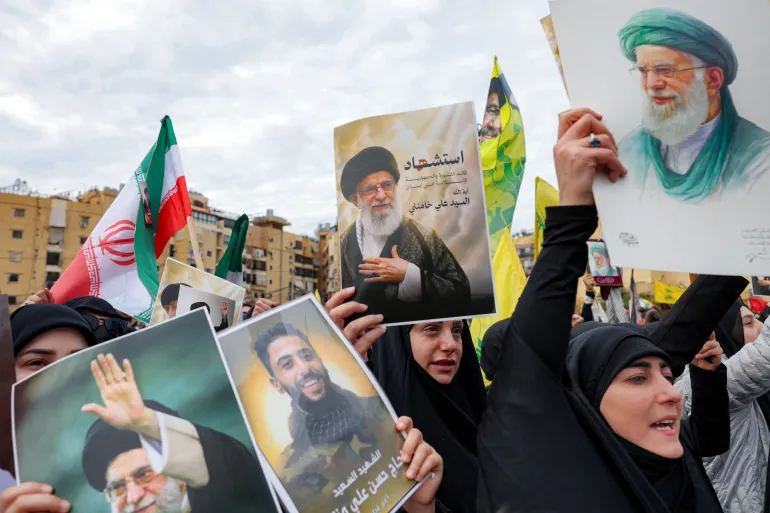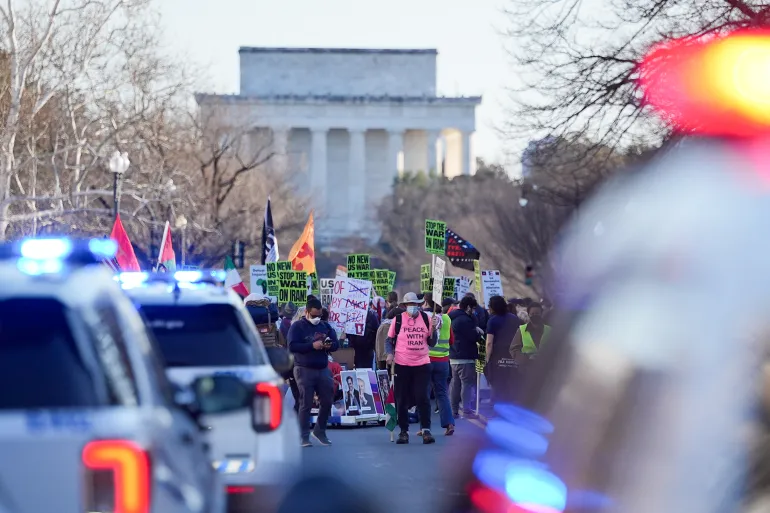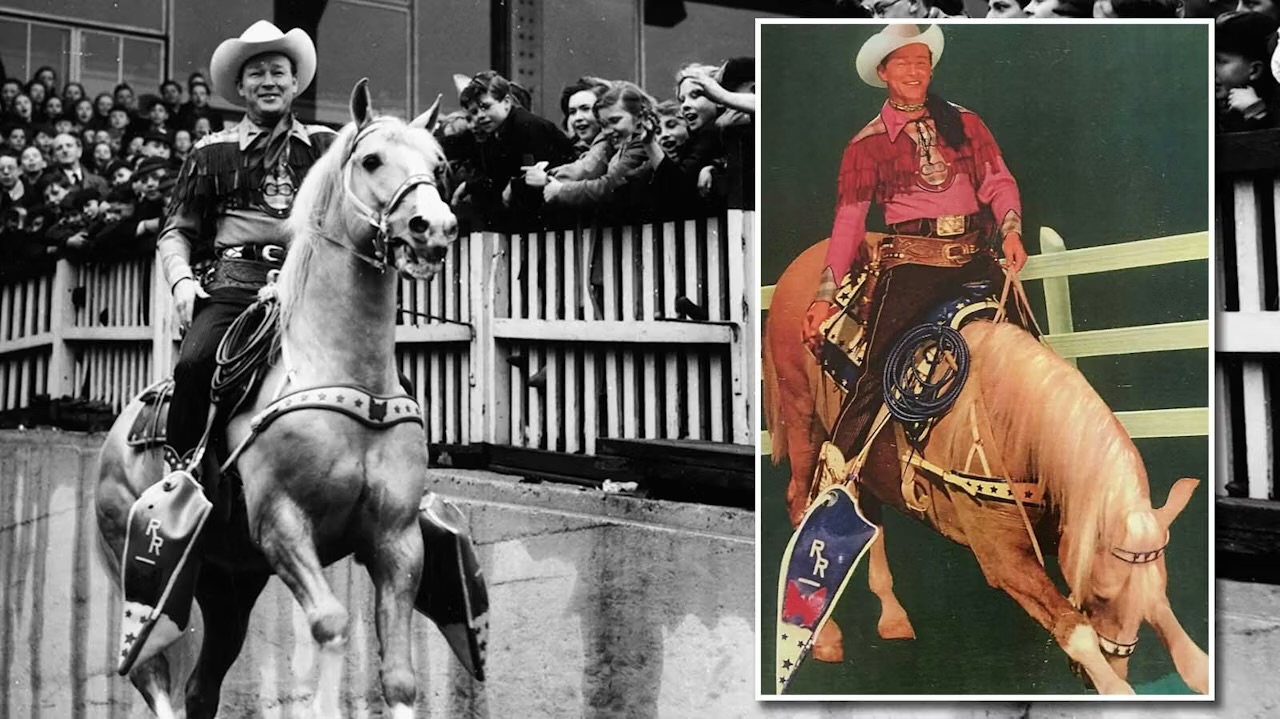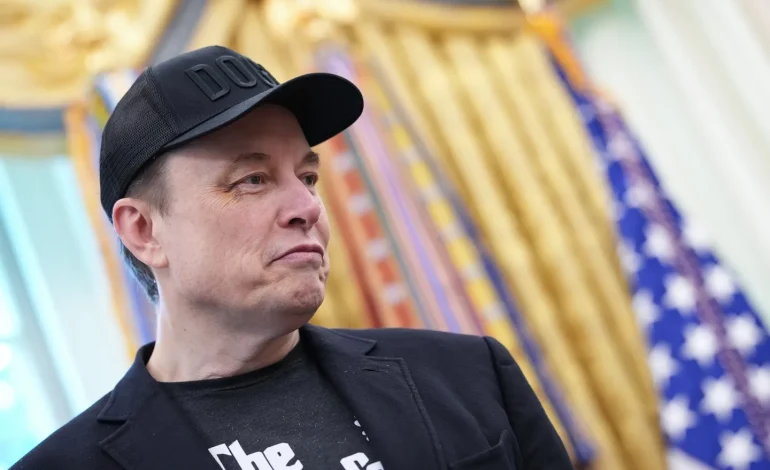With input from the Financial Times, Fortune, and Reuters.
Tesla’s board wants to hand Elon Musk what could be the biggest CEO payday in corporate history. The most influential umpire in proxy land just said: don’t do it.
Institutional Shareholder Services (ISS) on Friday urged investors to vote against Tesla’s proposed $1 trillion compensation plan for Musk — calling the grant “astronomical” in size and poorly designed to keep his focus on the carmaker. ISS pegs the current value of the stock-based award at $104 billion, even higher than Tesla’s own $87.8 billion estimate.
This isn’t the first clash. It’s the second year in a row ISS has told shareholders to reject a Musk pay plan. And the timing matters: the recommendation lands just weeks before Tesla’s Nov. 6 shareholder meeting, where the package — already under a microscope after a Delaware court voided Musk’s prior $56 billion deal — will go to a vote.
Tesla’s new plan stretches over the next decade and replaces salary and bonus with a mountain of stock that vests only if Tesla hits truly audacious targets. Think:
- Market cap milestones up to $8.5 trillion
- 20 million vehicle deliveries
- 1 million robotaxis
- $400 billion in adjusted core earnings
Hit everything and Musk could collect as much as 423 million shares. Miss a bunch and — thanks to partial vesting — he could still walk away with tens of billions if Tesla’s stock keeps ripping.
Tesla’s argument is straightforward: Musk is the growth engine. Pay him to stay, and he’ll keep unlocking value. Director Kathleen Wilson-Thompson pitched it directly to investors in a video: people join Tesla to work with Elon; keeping him incentivized is key to recruiting and retaining top talent.
ISS doesn’t buy it — at least not like this. The adviser’s core objections:
- Scale: A grant of this magnitude “locks in extraordinarily high pay opportunities” for years.
- Design: The plan can pay out big on partial achievement, not just total home runs.
- Governance: It reduces board flexibility to adjust future pay and includes no binding requirements to ensure Musk actually spends more time on Tesla versus SpaceX, xAI, Neuralink, and The Boring Company.
- Dilution: Issuing that many shares risks watering down existing investors.
ISS also took a swing at the boardroom: it recommended shareholders vote against governance committee chair Ira Ehrenpreis over a bylaw change that, in its view, curtailed shareholder litigation rights. (It backed directors Kathleen Wilson-Thompson and Joe Gebbia.) And it told investors to reject a retail proposal for Tesla to invest corporate cash in xAI, calling the idea “highly unusual.”
Tesla blasted the recommendation on X, saying “ISS once again completely misses fundamental points of investing and governance.” The company is urging a straight “for” vote across the ballot. It’s also rolling out pro-plan messaging, including the board’s case that the package aligns Musk with shareholders and secures his attention for the long haul.
One more wrinkle this time: Musk gets to vote his own shares, worth about 13.5% of Tesla’s voting power, according to recent filings. That alone could be decisive — remember, investors backed a version of his 2018 award even after ISS and Glass Lewis told them not to. Legal overhang or not, the shareholder math still matters.
If approved, the new grant could ultimately lift Musk’s Tesla stake to ~25% (after taxes and dilution), giving him more sway over strategy as he pushes deeper into AI, robotics, and autonomy. If it fails, expect more drama: Musk has openly mused about building key products outside Tesla if he doesn’t secure enough control.
Meanwhile, the Delaware fight isn’t over. Tesla is appealing the court’s decision that nuked the old package, even as the board issued an interim grant (about $30 billion) it says would be unwound if the 2018 deal is restored.
What to watch next
- Big passive funds: ISS often sways Vanguard, BlackRock, State Street and other institutions. Their votes could tip the balance.
- Valuation vs. targets: The higher Tesla’s stock goes, the richer the award becomes — long before robotaxis hit a million units.
- Focus clause (or lack of one): Expect critics to keep hammering the absence of time-commitment triggers tying Musk more tightly to Tesla.
Tesla is asking shareholders to prepay for a decade of extraordinary performance with an extraordinary grant. ISS says that’s too rich, too rigid, and too risky. On Nov. 6, investors decide whether the “Elon premium” is still worth the price.










The latest news in your social feeds
Subscribe to our social media platforms to stay tuned